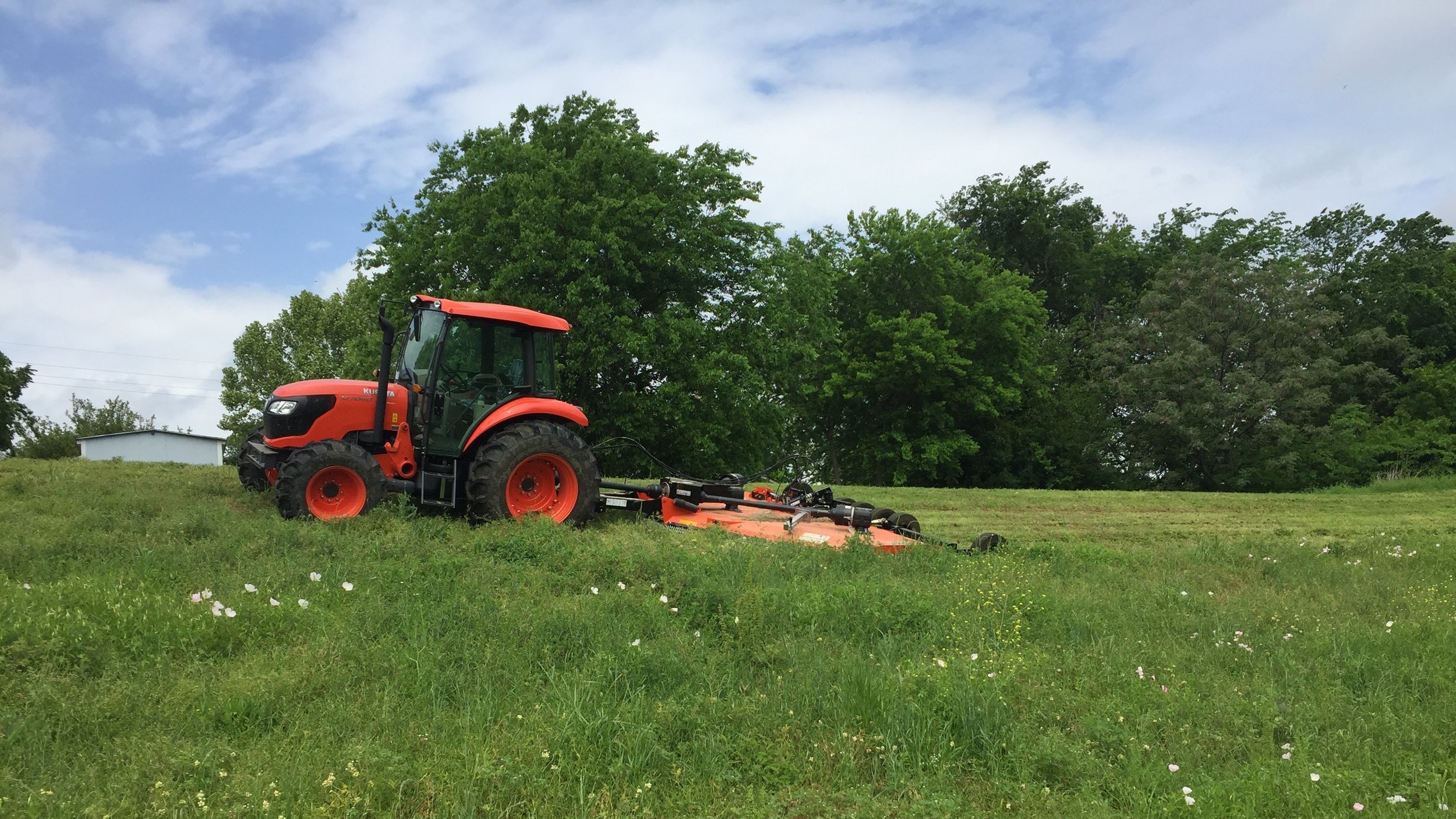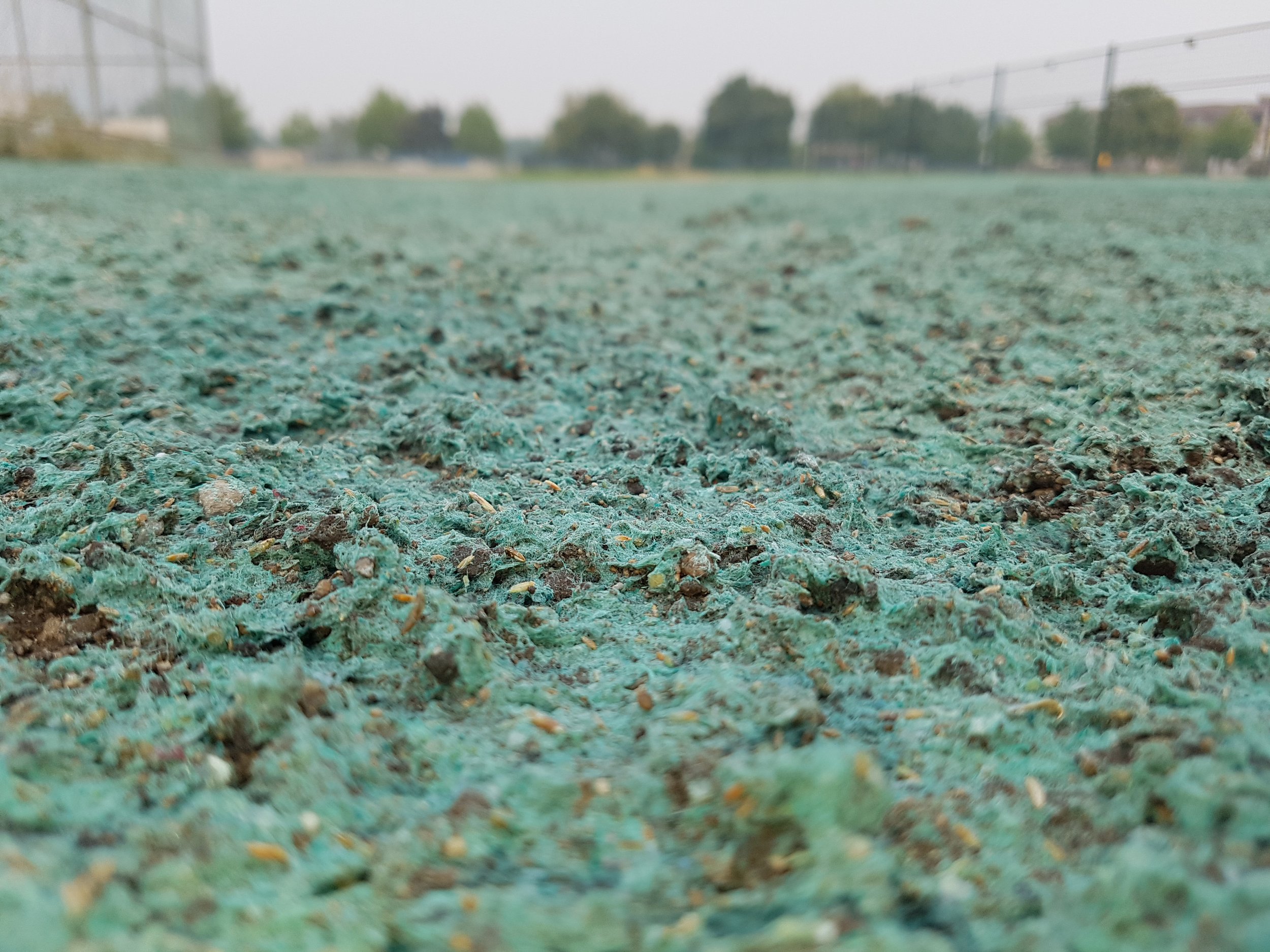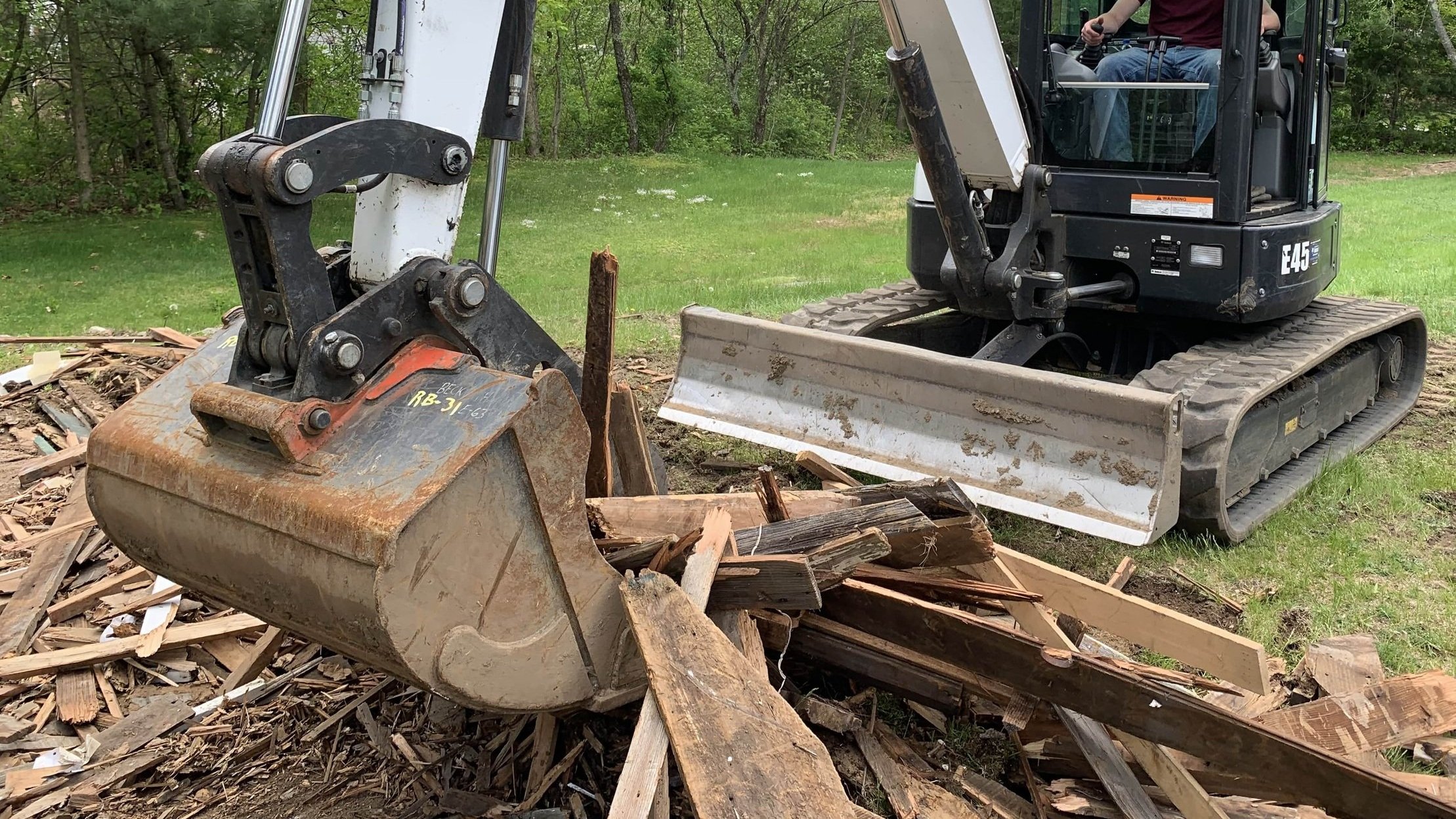
Frequently Asked Questions
With 5K Land Management
Tractor Mowing
-
Between March and December, we generally recommend you have your property anywhere between 2 to 4 weeks to keep it well maintained.
-
No, your grass can be wet when it’s time to cut it.
-
Often times the cut grass is simply left where it’s cut to biodegrade and break down naturally. Depending on the grass being cut, it could also be used for hay.

Hydromulching
-
Hydromulching is a versatile process that can utilize many types of grasses in the process. Grass types are usually chosen in relation to the amount of sun said grass can expect to receive.
-
It’s not exactly required, but it’s generally advised to have your soil tested to establish the requirements of your grass.
-
Walking across the soil generally won’t affect it too much but it’s not advised. Driving over it or walking across it frequently is very detrimental to its long-term quality.

Gravel
-
Gravel size differs depending on what you need. Driveways use larger gravel than simple footpaths. We’ll evaluate what you need when we come out to figure out what you need.
-
Gravel is a mix of several different kinds of rocks, with the most common being sandstone, limestone, and basalt.
-
It’s generally advised to lay more gravel every 2 to 3 years.

Mulching
-
Yes. We take the leftovers from the land clearing and use them to make an all-natural mulch for your land, and then spread it out accordingly.
-
That depends on what you intend to do. If your intentions are simply to allow growth in your area, then really all you need to do is let nature take its course. If you’re intending to grow specific plants, then you’ll want to pay attention to prevent things like weeds from taking root.
-
Really anything organic for the most part. If we cut it down, it’s probably going to be in the mulch.
-
Store-bought mulch is coated, colored, or dyed which is beautiful to look at but impedes the natural decomposition process. The mulch that we create decomposes, leaving you a nutrient rich soil.

Demolition
-
The go-to tools of the trade are sledgehammers and jackhammers. Other tools are utilized when the need demands it.
-
That depends on the structure. Smaller buildings like sheds we can handle, but the outright demolition of something like a house is outside of the scope of our expertise.
-
The materials collected afterward will be either recycled or thrown away by us unless you specify you want otherwise.
